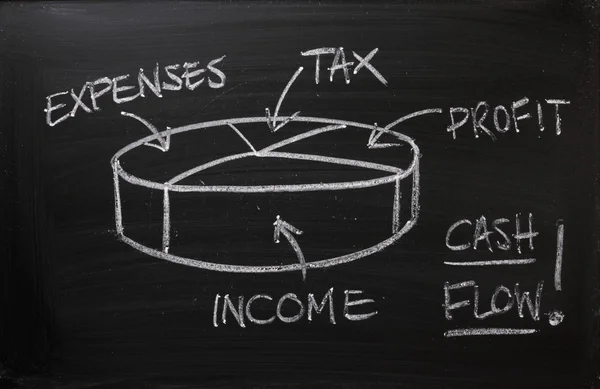Mastering Your Finances: 3 Key Tips on How to Manage Your Personal Cash Flow
Managing your personal cash flow effectively is crucial for achieving financial stability and security. Whether you’re saving for a dream vacation, building an emergency fund, or planning for retirement, understanding how to manage your money is essential. Here are some of the key tips to help you master your personal cash flow and achieve your financial goals.
Create a Realistic Budget
Creating a budget is the cornerstone of financial management. It allows you to track your income, expenses, and savings goals. Start by listing all your sources of income, including your salary, freelance gigs, or any other additional income streams. Next, list all your expenses, categorizing them into essentials (like rent, utilities, groceries) and non-essentials (like dining out, entertainment, and shopping).
Once you have a clear picture of your income and expenses, identify areas where you can cut costs. This might involve reducing unnecessary expenses or finding more affordable alternatives for your regular bills.
Be honest with yourself about your spending habits and set realistic limits for discretionary spending. Remember, the key to a successful budget is not just creating it but also sticking to it. Use budgeting apps or spreadsheets to help you stay organized and track your spending against your budget.
Build an Emergency Fund
Life is unpredictable, and unexpected expenses can arise at any time, such as medical emergencies, car repairs, or sudden job loss.

Having an emergency fund can provide you with a financial safety net during tough times, preventing you from falling into debt.
Aim to save at least three to six months’ worth of living expenses in your emergency fund. Start by setting aside a small portion of your income each month, even if it’s just a few dollars. Automate your savings by setting up an automatic transfer to your savings account after each paycheck. This way, you won’t be tempted to spend the money before you can save it.
Having an emergency fund not only provides peace of mind but also helps you avoid accumulating high-interest debt when unexpected expenses arise.
Invest in Your Future
While saving money is important, investing is key to building wealth over the long term.
Consider different investment options based on your financial goals, risk tolerance, and timeline. Common investment vehicles include stocks, bonds, mutual funds, real estate, and retirement accounts like 401(k)s or IRAs.
If you’re new to investing, consider consulting with a financial advisor who can help you understand your options and create an investment strategy tailored to your needs. Diversify your investments to spread out the risk, and regularly review your portfolio to ensure it aligns with your goals.
Remember, investing is a long-term commitment, so be patient and avoid making impulsive decisions based on short-term market fluctuations. Be wary of all the hype.
Wrapping Up
Managing your personal cash flow requires discipline, planning, and commitment.
By creating a realistic budget, building an emergency fund, and investing wisely, you can take control of your finances and work towards a secure financial future. Remember, financial management is a journey, so stay informed, stay focused, and keep working towards your goals.
